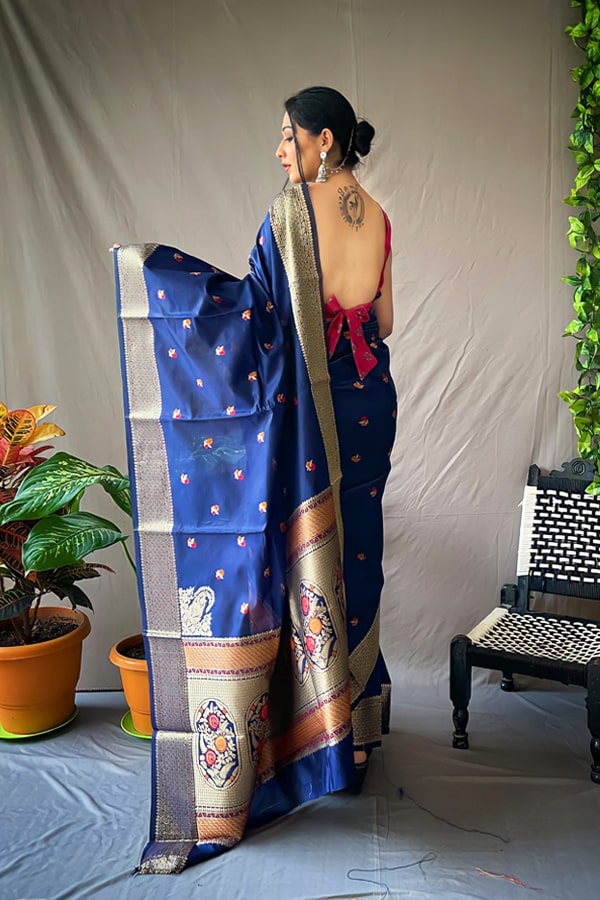
They leave behind their childhood in Pune to adopt a new culture in Cochin, only to move out of their patriarchal and heteronormative home to create their own futures.Ĭobalt blue, the eponymous colour, acquires rich connotations in the movie. Tanay and Anuja do not conform to gender roles: Tanay is an unconventional man and poet who spends most of his time indoors and Anuja is a masculine woman who plays hockey. The movie draws an important equation between queerness and migration, where the queer subject is always on the move as she negotiates stigma and persecution. The Marathi Brahmin family in the movie migrate to Kerala where the patriarch sets up his lucrative spice business. Cochin has been an important destination for many travellers and migrant trading and religious communities. It is set in 1990s Cochin, making the question of what it means to be a migrant apparent. The movie unfolds in the present, going on until the siblings decide to leave their home following the paying guest’s sudden disappearance. That only reinforces his status as a projection of the siblings’ fantasies of absolute identity and freedom from the ritual ties of kinship. Although the paying guest’s past is partially revealed, he remains anonymous and inscrutable till the very end. The siblings are inexplicably drawn to a paying guest who lives in the room that once belonged to their grandparents. Tanay and Anuja belong to a traditional Maharashtrian Brahmin family from Pune. But disillusionment also conditions the possibility of a new understanding of intimacy: all relationships entail a negotiation with solitude, estrangement and loss. Cobalt Blue captures the sensuous longing of youth, and the disillusionment of disappointed love.


Kundalkar has directed a couple of Marathi movies, written the script for a Hindi movie, produced documentaries and acted in plays on homosexuality. Sachin Kundalkar’s movie Cobalt Blue (2022) is based on his only novel by the same name, published in 2013.


 0 kommentar(er)
0 kommentar(er)
